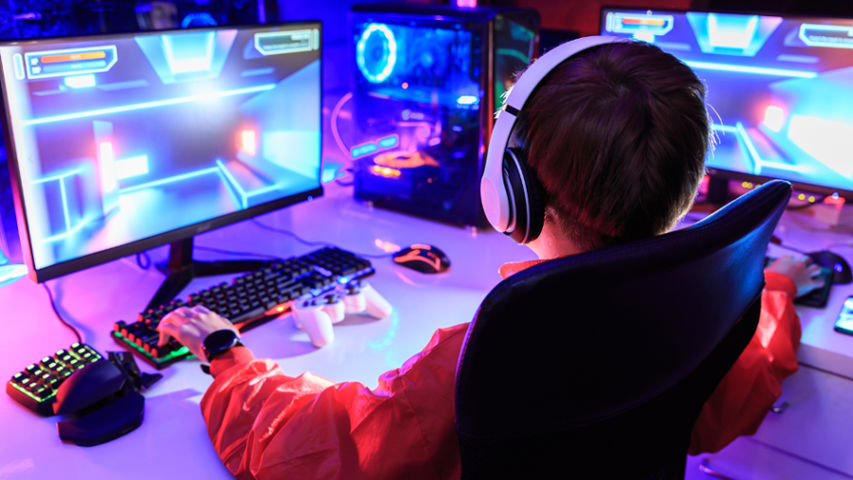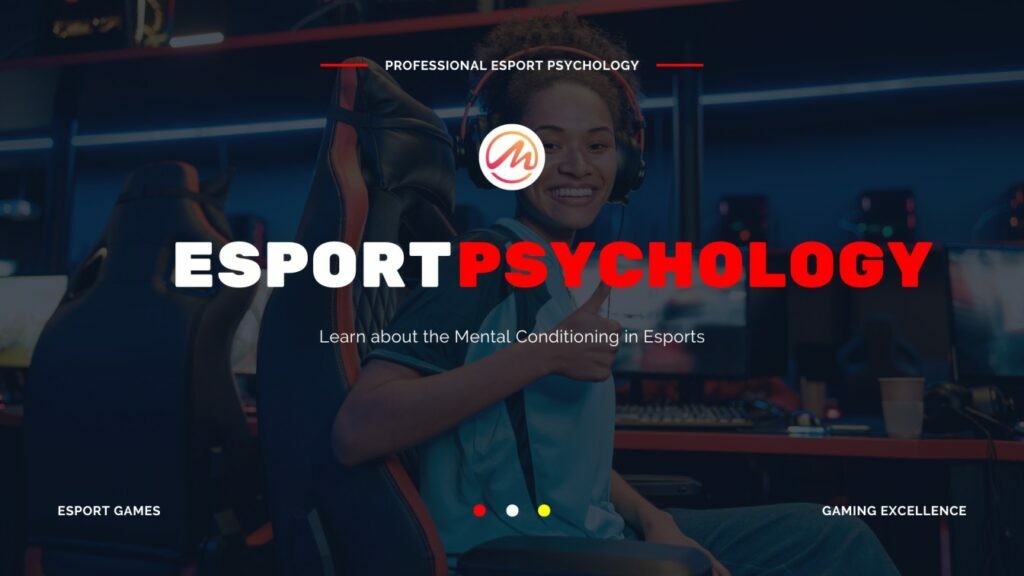Gaming has become a popular pastime for people of all ages. It can be a fun and engaging way to relax, socialize, and learn new skills. However, there is also a potential for gaming to have a negative impact on mental health. In this article, we will explore the relationship between gaming and mental health. We will discuss the potential benefits and risks of gaming, and we will provide tips for healthy gaming habits.
The Good: Gaming on Mental Health
There are many potential benefits of gaming on mental health. For example, gaming can:
Reduce stress and anxiety.
Gaming can be a great way to escape from the stresses of everyday life. It can also be a way to relax and unwind, which can help to reduce anxiety levels.
Improve mood
Gaming can release endorphins, which have mood-boosting effects. It can also help to distract people from negative thoughts and feelings.
Increase cognitive skills.
Some types of gaming, such as puzzle games and strategy games, can help to improve cognitive function. This is because they require players to use problem-solving skills and critical thinking.
Promote creativity
Some types of gaming, such as role-playing games and sandbox games, can help to promote creativity. This is because they allow players to express themselves and explore their imaginations.
Provide a sense of accomplishment and achievement.
Many games are designed to be challenging and rewarding. When players overcome challenges and achieve goals, they can feel a sense of accomplishment and pride. This can boost self-esteem and motivation, and it can also help to reduce stress and anxiety.
For example, role-playing games (RPGs) often allow players to create their own characters and embark on epic quests. As players progress through the gaming and mental health, they can level up their characters, acquire new skills, and defeat powerful enemies. This can be a very rewarding experience, and it can help players to feel a sense of accomplishment.
Provide a distraction from negative thoughts and feelings.
Gaming can also be a way to escape from negative thoughts and feelings. When players are immersed in a game, they can forget about their worries and problems for a while. This can be a helpful way to relax and de-stress.
For example, many people find that playing puzzle games or racing games can help to clear their minds and focus on the present moment. Other people find that playing social games or role-playing games can help them to connect with others and make new friends.

The Bad of Gaming and Mental Health
However, there are also some potential risks associated with gaming and mental health. For example, gaming can:
Lead to addiction.
Gaming addiction is a real problem that can have a significant negative impact on a person’s life. Symptoms of gaming addiction include:
- Spending an excessive amount of time gaming
- Neglecting other responsibilities, such as work, school, or relationships
- Continuing to game despite negative consequences
Increase stress and anxiety.
Excessive gaming can lead to increased stress and anxiety. This is because gaming can be a competitive and demanding activity. It can also lead to social isolation and loneliness.
Depressed mood.
Excessive gaming can lead to depression. This is because gaming can be a way to escape from reality. It can also lead to social isolation and loneliness.
Increase social isolation.
Excessive gaming can lead to social isolation. This is because people who spend too much time gaming may neglect their relationships with friends and family. They may also find it difficult to make new friends, as they may not have the time or energy to socialize outside of gaming.
Decrease physical activity.
Excessive gaming can lead to a decrease in physical activity. This is because people who spend too much time gaming may not have the time or energy to exercise. A lack of physical activity can increase the risk of obesity, heart disease, and other health problems.
Interfere with sleep.
Gaming can interfere with sleep. This is because the blue light emitted from screens can suppress the production of melatonin, a hormone that helps regulate sleep. People who play games before bed may find it difficult to fall asleep, and they may also experience sleep deprivation.

The Ugly Truth of Gaming and Mental Health
In some cases, gaming can lead to more serious mental health problems, such as:
- Irritability
- Aggression
- Depression
- Anxiety
- Thought disorders
- Suicidal thoughts
In behavioural symptoms, gaming can lead to more serious problems
- Spending increasing amounts of time gaming.
- Difficulty controlling the amount of time spent gaming.
- Withdrawal symptoms when gaming is stopped.
- Prioritizing gaming over other activities.
- Lying about gaming habits.
- Using gaming to escape from problems.
For example, gaming can be a way to escape from difficult emotions, such as sadness, anger, and fear. However, this can lead to a cycle of addiction, as people may use gaming to avoid dealing with their emotions.

How to Get Help on Gaming and Mental Health
If you are concerned about your gaming and mental health habits, there are a few things you can do to get help:
Talk to a trusted adult for Mental Health and Gaming
This could be a parent, teacher, counselor, or other adult you trust.
Seek professional help in Mental Health Games
If you are struggling with gaming addiction or other mental health problems, a sports psychologist specializes in gaming or Esports can help you develop healthy coping mechanisms and manage your symptoms.
Remember, you are not alone for Gamers Mental Health
There are many people who struggle with gaming addiction or other mental health problems. With help, you can overcome your challenges and live a healthy and happy life. If you enjoy gaming and mental health, then you want to avoid the negative consequences, it is important to game in moderation. Here are a few tips:
- Set limits on how much time you spend gaming each day.
- Take breaks from gaming throughout the day.
- Make sure gaming does not interfere with your school, work, or social life.
- Find other activities to balance out your gaming time.
- If you find yourself struggling with gaming, talk to a trusted adult.
Gaming can be a fun and enjoyable way to relax and de-stress. However, it is important to use it in moderation and to be aware of the potential risks. If you are concerned about your gaming habits, talk to a trusted adult or seek professional help.






This is a good article. thanks for sharing about gaming and mental health.